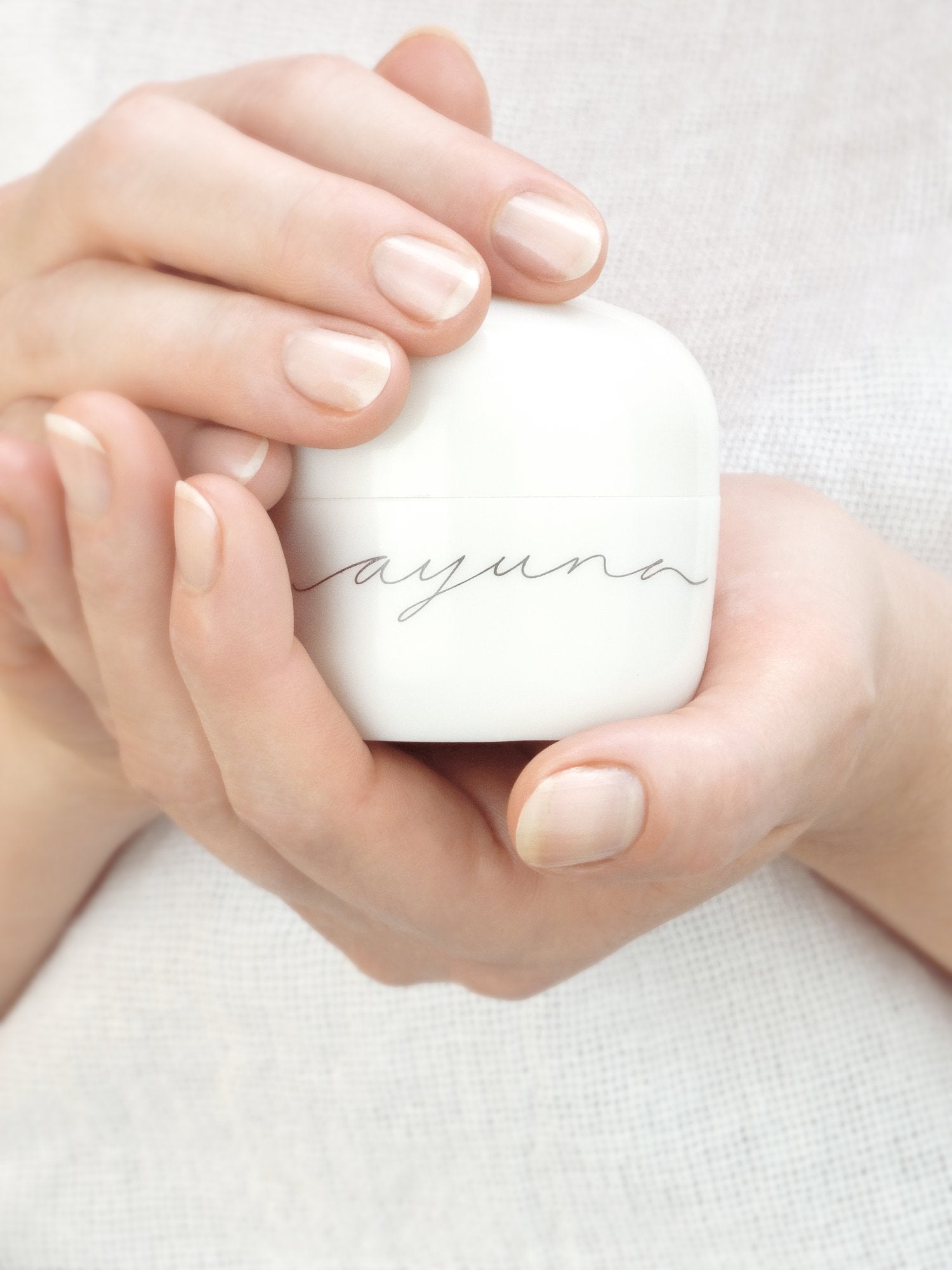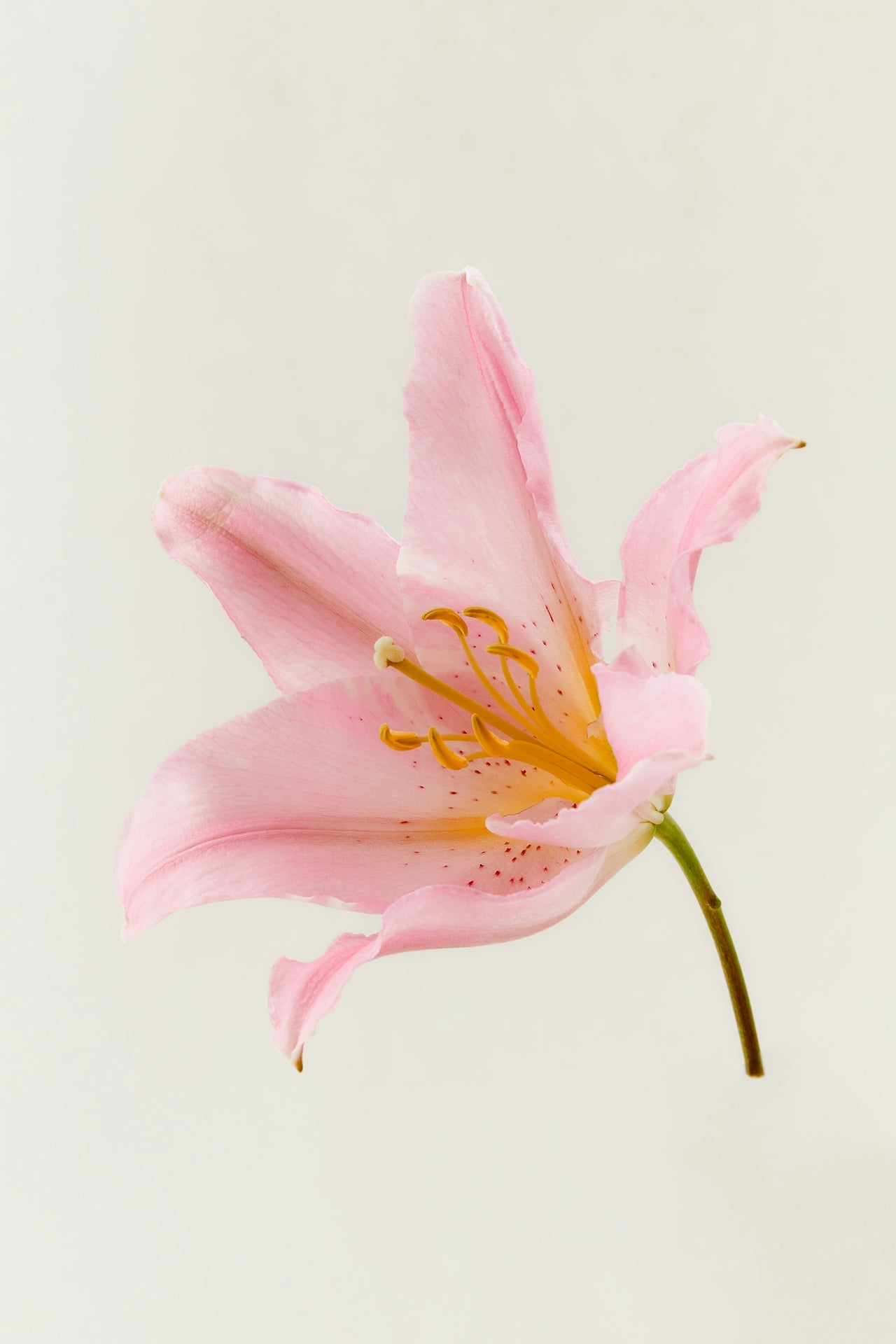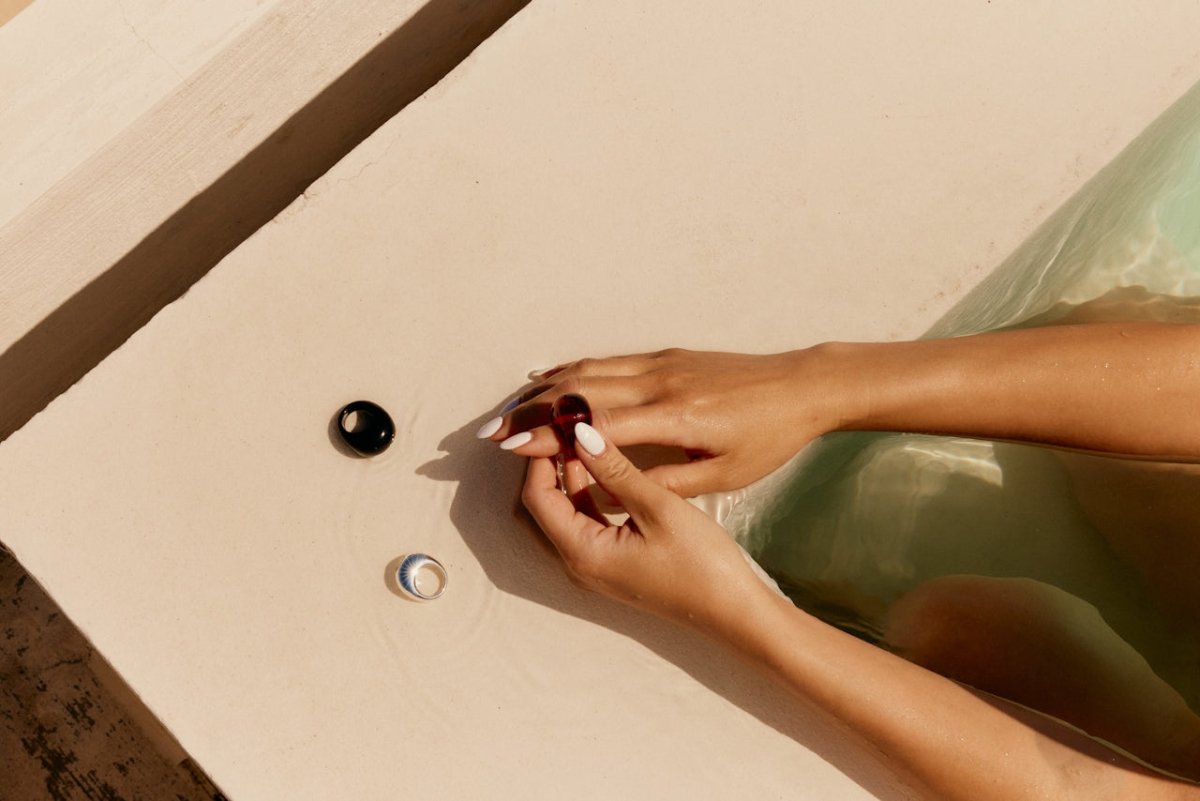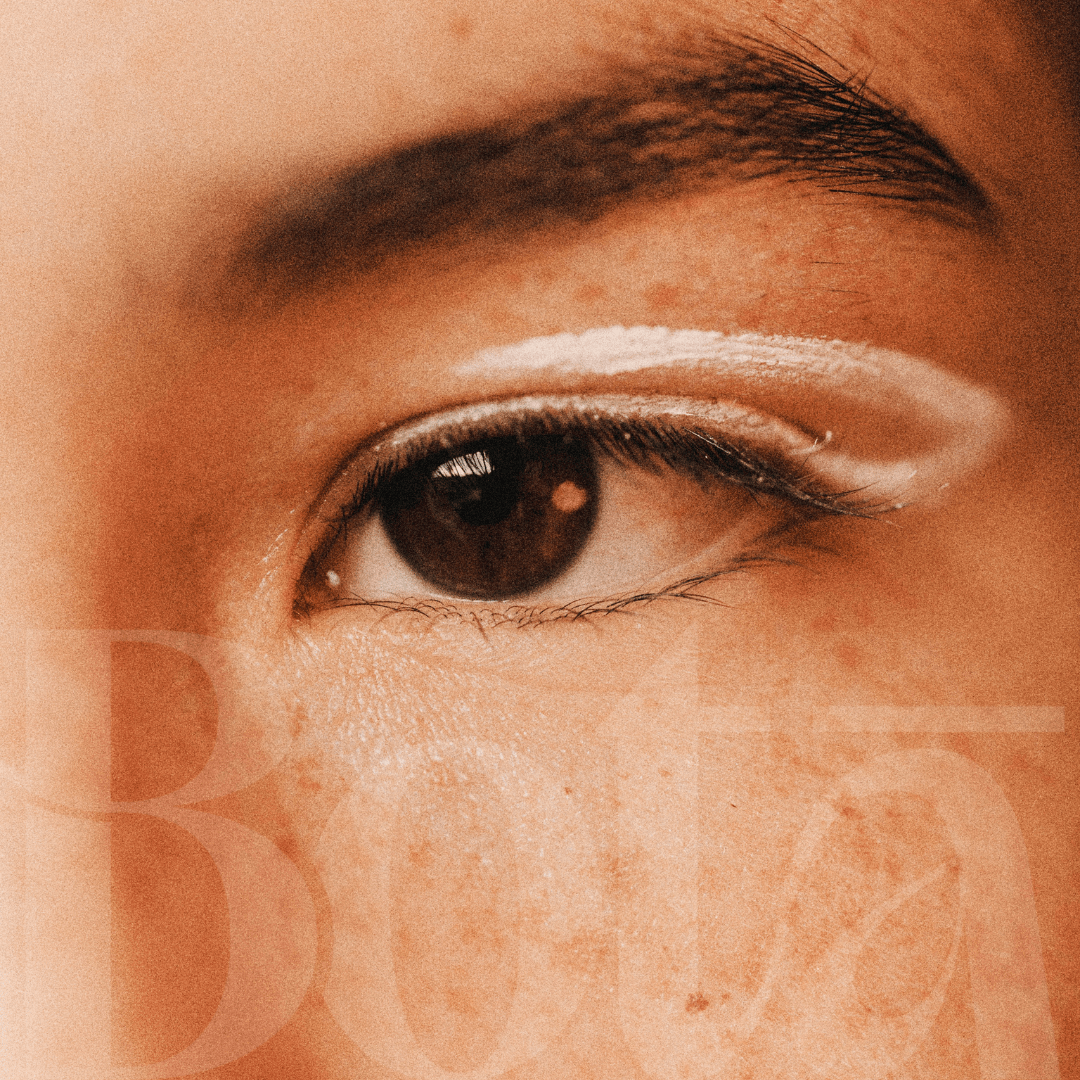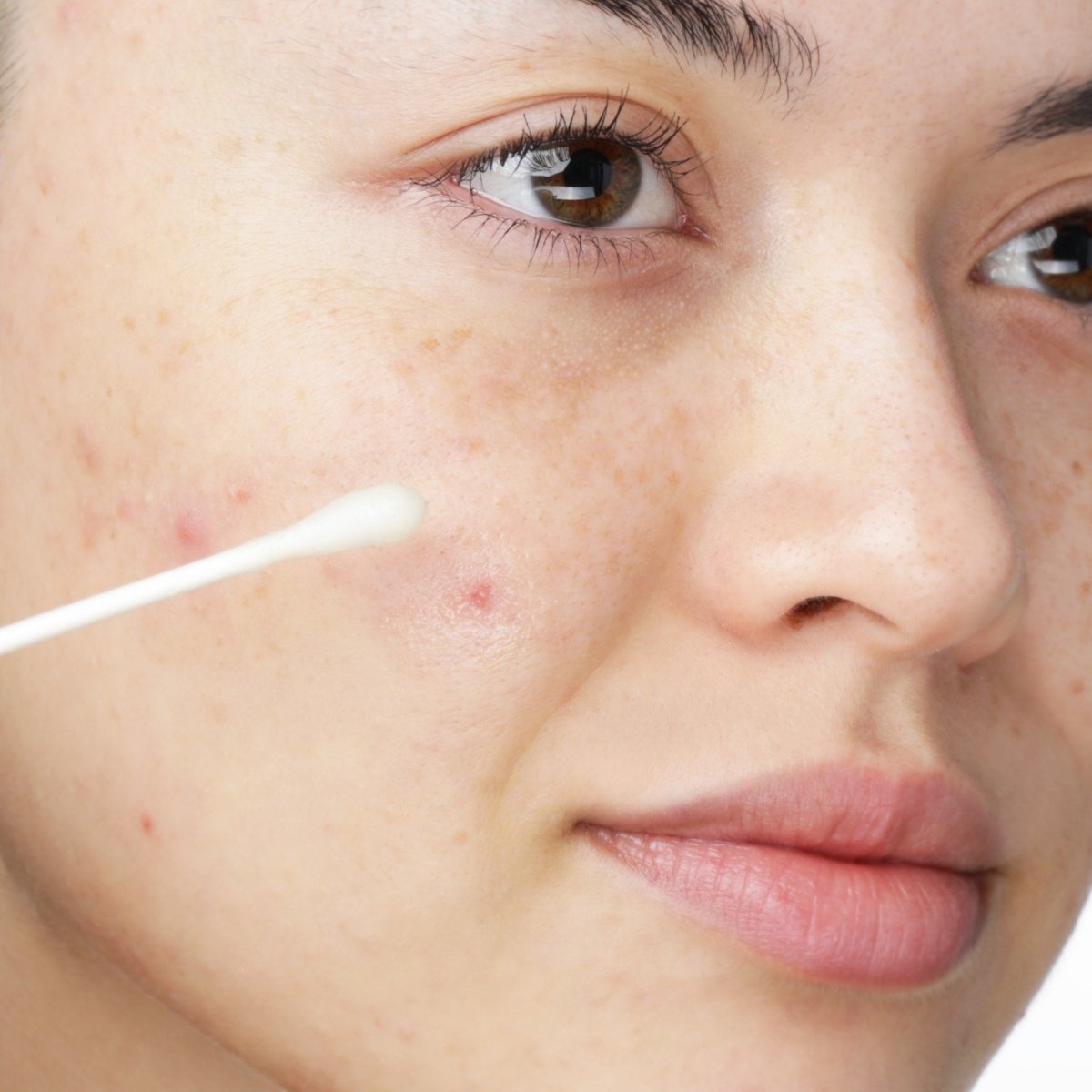Exfoliation Methods
Exfoliation is a key step in any skincare routine. It helps to remove dead skin cells, revealing a brighter and smoother complexion. There are two main types of exfoliation: physical and chemical. Both methods have unique benefits and can be chosen based on your skin type and preference.
Physical Exfoliants
Physical exfoliants use small grains or particles to manually scrub away dead skin cells. They can be found in scrubs, brushes, and sponges.
|
Type |
Examples |
Best For |
|
Scrubs |
Sugar scrubs, Salt scrubs |
Normal to oily skin |
|
Brushes |
Facial brushes, Clarisonic |
All skin types |
|
Sponges |
Konjac sponge, Loofah |
Sensitive skin |
Physical exfoliants can be effective, but they must be used gently. Overscrubbing can cause irritation and damage. Always follow with a moisturizer to keep your skin hydrated.
Chemical Exfoliants
Chemical exfoliants use acids or enzymes to dissolve dead skin cells. They penetrate deeper than physical exfoliants, offering a thorough exfoliation.
-
AHAs (Alpha Hydroxy Acids): Glycolic acid, Lactic acid
-
BHAs (Beta Hydroxy Acids): Salicylic acid
-
Enzymes: Papain (from papaya), Bromelain (from pineapple)
AHAs are best for dry or sun-damaged skin. They help improve texture and tone. BHAs are oil-soluble, making them perfect for oily and acne-prone skin. Enzymes are gentler and good for sensitive skin types.
Introduce chemical exfoliants slowly into your routine. Start with once or twice a week. Use sunscreen daily, as your skin becomes more sensitive to the sun after exfoliation.
Sun Protection
Sun protection is key to brightening your skin. Harmful UV rays cause dark spots, uneven skin tone, and early aging. Protecting your skin from the sun keeps it youthful and radiant.
SPF Importance
SPF stands for Sun Protection Factor. It measures how well a sunscreen protects against UVB rays. UVB rays are the main cause of sunburn and skin cancer. Using sunscreen with SPF shields your skin from these rays. For everyday use, an SPF of at least 30 is recommended. This SPF blocks about 97% of UVB rays. Remember, no sunscreen can block 100% of UV rays.
Choosing The Right Sunscreen
Not all sunscreens are the same. Look for "broad-spectrum" on the label. This means it protects against both UVA and UVB rays. UVA rays cause aging and can damage skin cells. Also, consider your skin type. For oily skin, choose a lightweight, oil-free sunscreen. For dry skin, opt for a moisturizing sunscreen. If you have sensitive skin, look for sunscreens with zinc oxide or titanium dioxide. These ingredients are less likely to irritate. Always apply sunscreen 15 minutes before going outside. Reapply every two hours or after swimming or sweating.
Hydration
Hydration is crucial for brightening your skin. Keeping your skin well-hydrated helps it look fresh and radiant. Dry skin can appear dull and tired. Hydration ensures your skin stays smooth and glowing.
Water Intake
Drinking enough water is essential for skin health. Aim for at least eight glasses daily. Water helps flush out toxins from the body and keeps skin cells hydrated from within. Proper hydration can reduce dryness and flakiness and give skin a plump and healthy appearance.
Hydrating Products
Using hydrating products can make a big difference. Look for moisturizers that contain hyaluronic acid, which helps retain skin moisture. Serums with glycerin or aloe vera can also be effective. These ingredients soothe and hydrate the skin. Apply these products daily for the best results.
Diet And Nutrition
Your diet plays a significant role in maintaining healthy, glowing skin. What you eat directly affects your skin's appearance and overall health. A balanced diet, rich in essential nutrients, can help you achieve a brighter complexion.
Vitamins And Minerals
Vitamins and minerals are crucial for skin health. They help repair and protect your skin from damage.
-
Vitamin C: Promotes collagen production and brightens the skin.
-
Vitamin E: Protects the skin from oxidative stress.
-
Vitamin A: Helps with skin renewal and repair.
-
Zinc: Reduces inflammation and speeds up healing.
-
Selenium: Protects against sun damage and skin aging.
Foods For Glowing Skin
Including certain foods in your diet can enhance your skin's glow. Here are some top choices:
|
Food |
Benefits |
|
Avocados |
Rich in healthy fats and vitamins E and C. |
|
Fatty Fish |
High in omega-3 fatty acids, which reduce inflammation. |
|
Sweet Potatoes |
Loaded with beta-carotene, a precursor to vitamin A. |
|
Walnuts |
Contain essential fatty acids and zinc. |
|
Berries |
High in antioxidants that protect the skin. |
Incorporating these foods into your diet can make a visible difference in your skin's appearance. Aim for various colorful fruits and vegetables to ensure you get a wide range of nutrients. Remember, a healthy diet reflects on your skin, making it brighter and more radiant.
Natural Remedies
Natural remedies can offer a gentle way to brighten your skin. Many people prefer these methods due to their affordability and the absence of harsh chemicals. Let's explore a few effective options.
Homemade Masks
Homemade masks can help nourish and brighten your skin. One popular option is a honey and lemon mask. Mix one tablespoon of honey with a few drops of lemon juice. Apply it to your face and leave it on for 15 minutes. Rinse with warm water. This mask can help lighten dark spots and give a glowing complexion.
Another effective mask is a yogurt and turmeric blend. Mix one tablespoon of yogurt with a pinch of turmeric. Apply it to your face and let it sit for 20 minutes. Rinse off with cool water. This combination can reduce dullness and promote an even skin tone.
Herbal Treatments
Herbal treatments can also enhance your skin's brightness. Aloe vera gel is a popular choice. Apply fresh aloe vera gel to your face. Leave it on for 20 minutes and rinse with warm water. Aloe vera can soothe and lighten your skin.
Green tea is another powerful herbal remedy. Brew a cup of green tea and let it cool. Use a cotton ball to apply the tea to your face. Leave it on for 15 minutes and rinse with cool water. Green tea can reduce inflammation and brighten your skin.
Professional Treatments
Professional treatments can provide effective solutions for brightening your skin. Experts perform these treatments and can yield quick results. They are especially beneficial for stubborn skin issues that don't respond to home remedies.
Facials
Facials are a popular choice for brightening the skin. They involve cleansing, exfoliating, and moisturizing the skin. Professional facials can remove dead skin cells, helping reveal a brighter complexion. Different types of facials target various skin concerns. For brightening, opt for facials with vitamin C or other brightening agents. These ingredients can lighten dark spots and give your skin a healthy glow.
Chemical Peels
Chemical peels offer another effective method for skin brightening. They use acids to exfoliate the skin. This process removes the top layer of dead skin cells. As a result, your skin looks fresher and more radiant. Chemical peels can also reduce hyperpigmentation. They come in varying strengths, so consult a dermatologist. They will recommend the best peel for your skin type and concerns.
Lifestyle Changes
Want brighter skin? Lifestyle changes can help. Consistent habits impact your skin's health. Focus on sleep and stress. These areas can make a big difference.
Sleep Hygiene
Good sleep is essential for healthy skin. Aim for 7-9 hours of sleep each night. Your body repairs itself during sleep, including your skin. Poor sleep leads to dull, tired skin. Create a bedtime routine. Turn off screens an hour before bed. Try reading or meditation. Make your bedroom cool and dark. A comfortable mattress and pillows help, too. Consistent sleep leads to glowing skin.
Stress Management
High stress negatively affects your skin, causing breakouts and dullness. Practice stress management techniques. Meditation and yoga are great options. Deep breathing exercises can calm your mind. Regular exercise also reduces stress. Find activities you enjoy. Hobbies and socializing help, too. Keep a balanced schedule. Avoid overworking yourself. Less stress means healthier, brighter skin.
Consistency And Patience
Consistency and patience are crucial for achieving glowing skin. Quick fixes rarely work, and consistent skincare routines and patience lead to long-lasting results. Below, we explore how setting realistic goals and tracking progress can help you on this journey.
Setting Realistic Goals
Set realistic goals to avoid disappointment. Expecting overnight results is impractical. Instead, aim for gradual improvement. Break down your skin goals into smaller, achievable steps. This makes the process manageable.
For example, aim to hydrate your skin daily and use a gentle cleanser every night. Over time, these small steps lead to noticeable improvements. Remember, skincare is a marathon, not a sprint.




